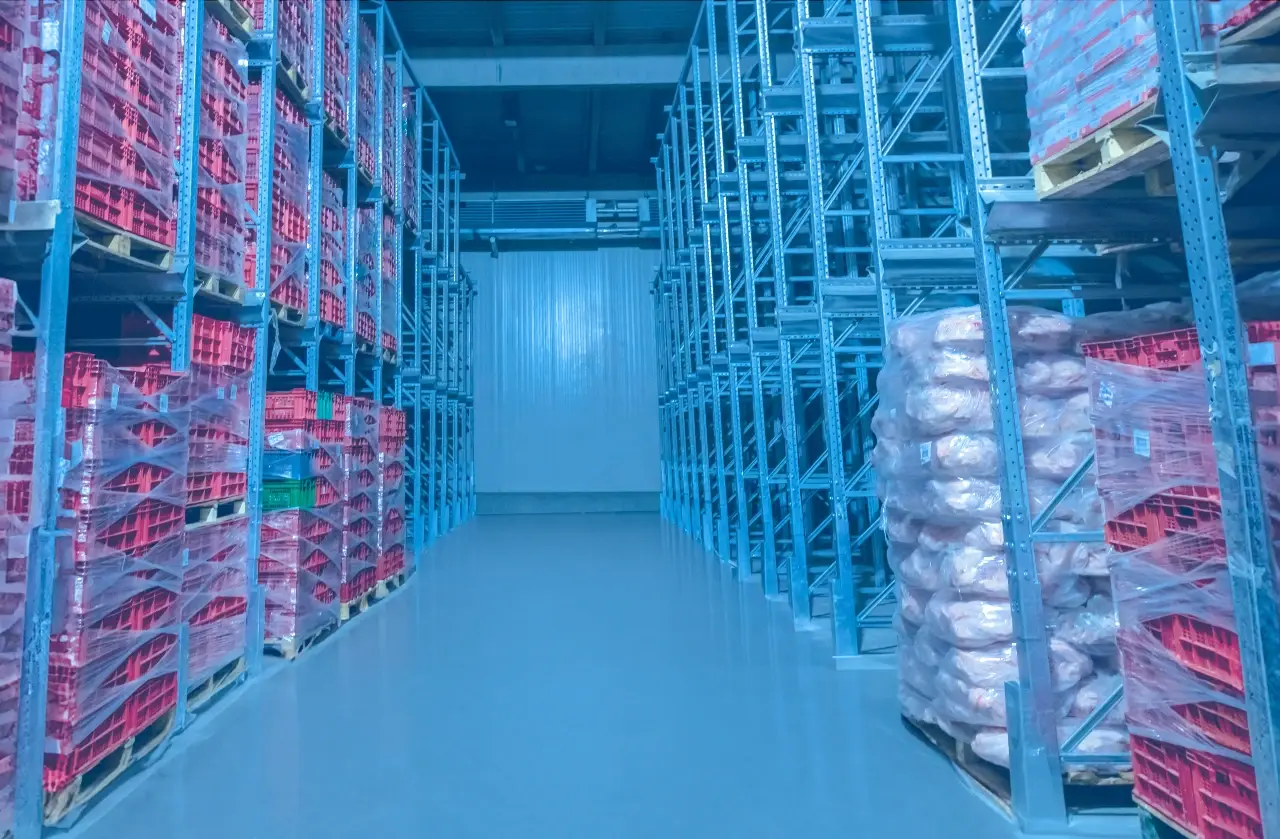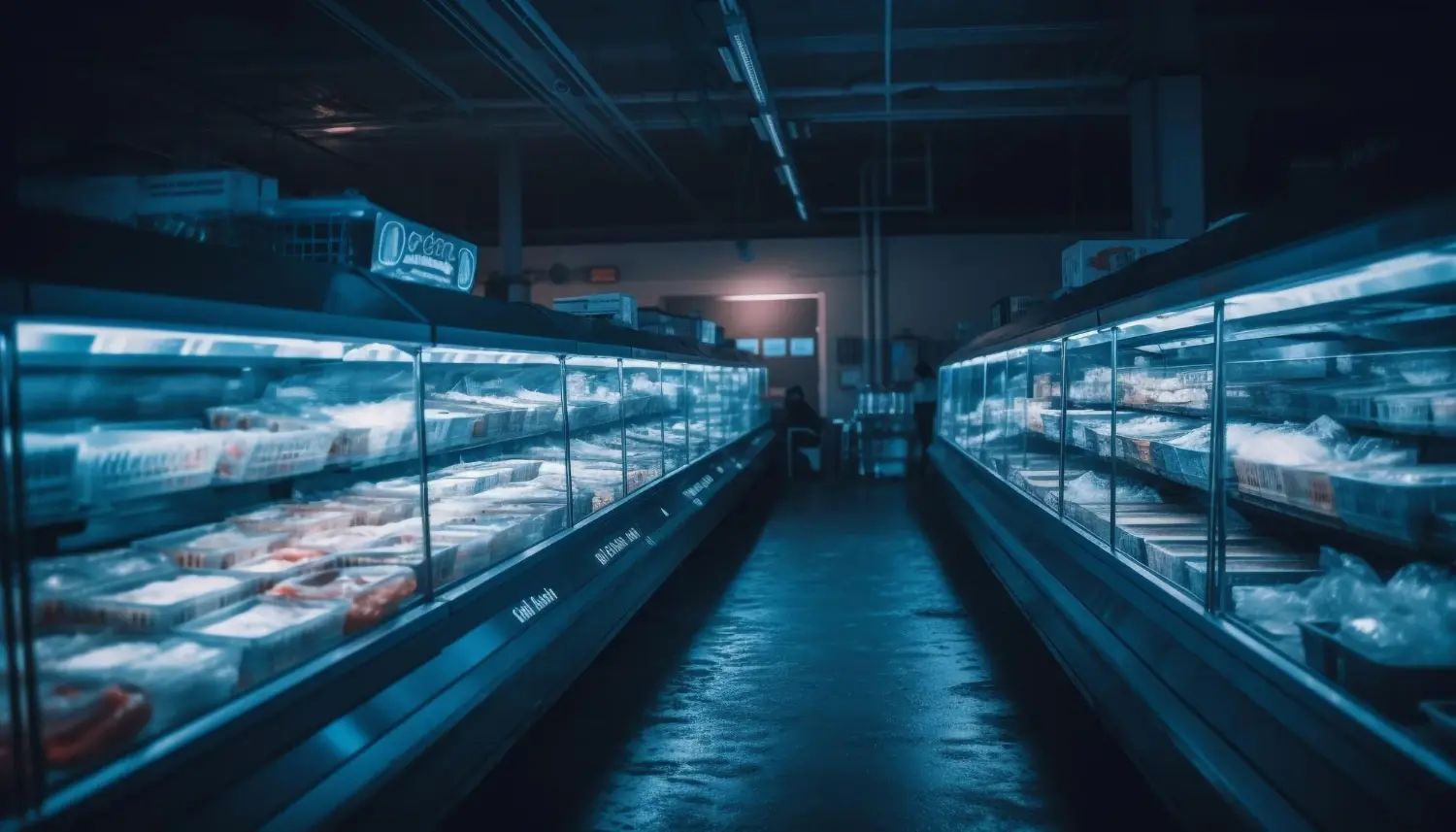
Cold food storage is an important process that plays a critical role in the food industry. In this article, we will focus on the advantages and requirements of a company engaged in cold food storage.
What is Cold Food Storage?
Cold food storage is a process where food products are carefully stored at low temperatures. This serves the purpose of preserving the quality and safety of fresh foods before they reach consumers. Cold storage facilities are typically equipped with large cooling units, warehouse shelves, and appropriate security measures.
Cold Food Storage Facilities
Companies engaged in cold food storage provide a vital service for manufacturers, distributors, and retailers in the food industry. These companies specialize in storing, preserving, and distributing various food products. They typically have large storage facilities equipped with modern cooling technologies that ensure the freshness of food products for extended periods.
Advantages
Cold food storage not only enhances the quality and durability of food products but also offers a range of advantages:
-
Extended Shelf Life: By maintaining low temperatures, cold storage helps extend the shelf life of perishable food items, reducing the risk of spoilage and waste.
-
Preservation of Nutritional Value: Cold storage preserves the nutritional content of food products by slowing down the natural degradation processes, ensuring that consumers receive nutritious and high-quality foods.
-
Reduced Microbial Growth: Low temperatures inhibit the growth of microorganisms such as bacteria and mold, reducing the risk of foodborne illnesses and ensuring food safety.
-
Seasonal Availability: Cold storage allows for the storage of seasonal food items beyond their harvest period, ensuring a consistent supply throughout the year.
-
Optimal Storage Conditions: Cold storage facilities are equipped with controlled environments, including temperature and humidity control, to create optimal conditions for different types of food products, maintaining their freshness and quality.
-
Efficient Distribution: Cold storage enables efficient distribution networks by allowing food products to be stored in bulk and transported to various locations without compromising their quality.
-
Cost Savings: By reducing food spoilage and waste, cold storage helps businesses save costs associated with unsold inventory and allows for better inventory management.
Overall, cold food storage plays a crucial role in enhancing food quality, safety, and availability, benefiting both businesses and consumers.

